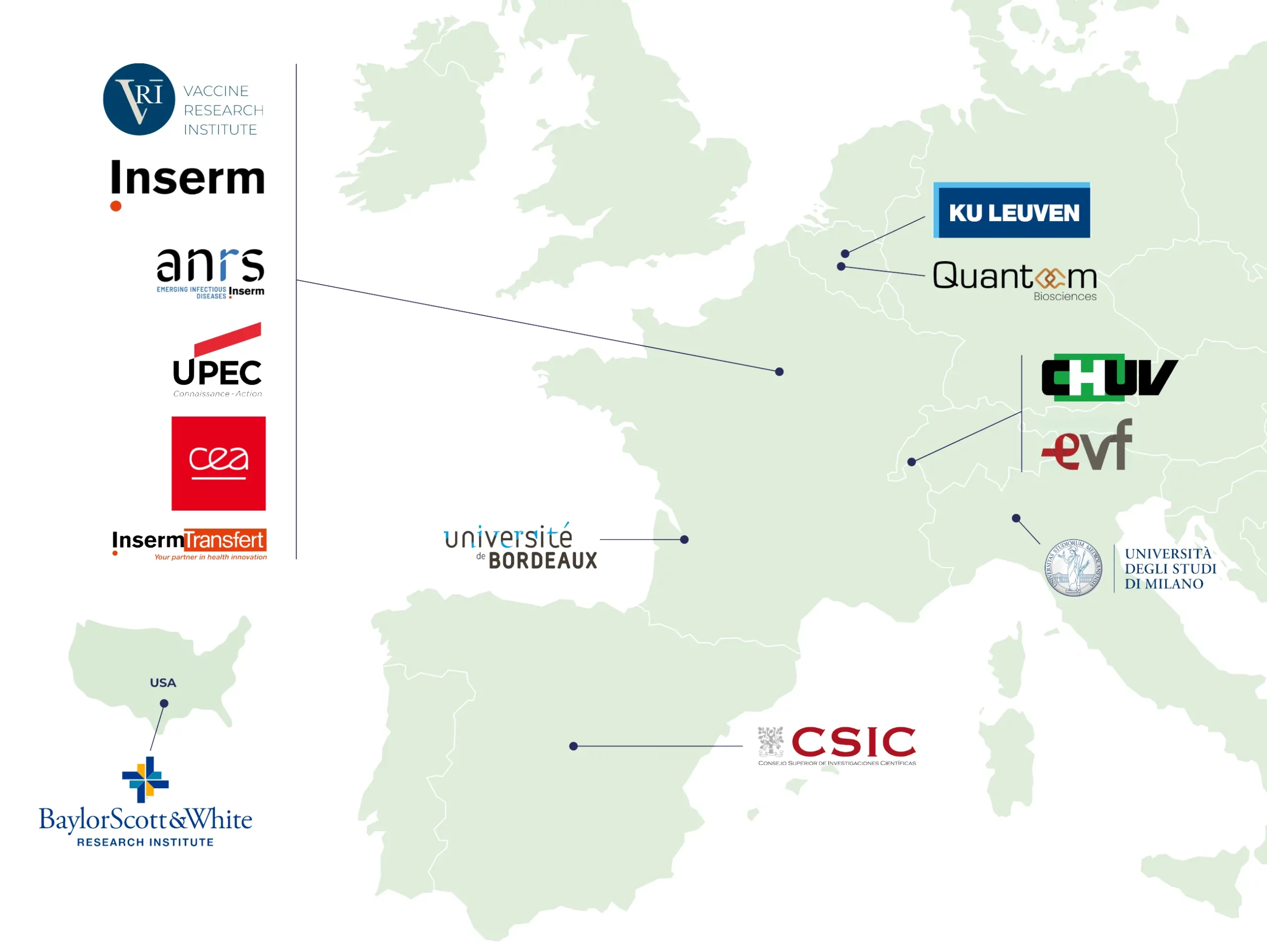Consortium
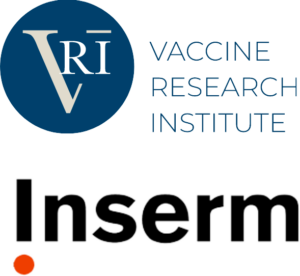
INSERM – VRI
Paris – France

INSERM – ANRS MIE
Paris – France
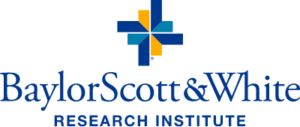
Baylor Scott & White
Dallas – USA
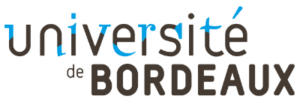
BDX UNIVERSITY
Bordeaux – France

CEA
Paris – France

CSIC
Madrid – Spain
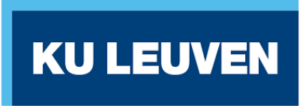
KU Leuven
Leuven – Belgium

Quantoom Biosciences
Nivelles – Belgium
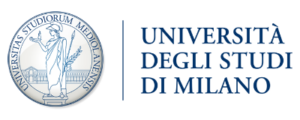
Universita Degli Studio di Milano
Milan – Italy

UPEC
Paris – France

CHUV
Lausanne – Switzerland
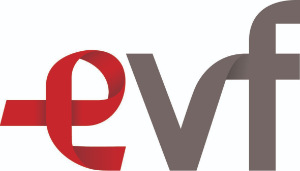
EVF
Lausanne – Switzerland

INSERM TRANSFERT
Paris – France
